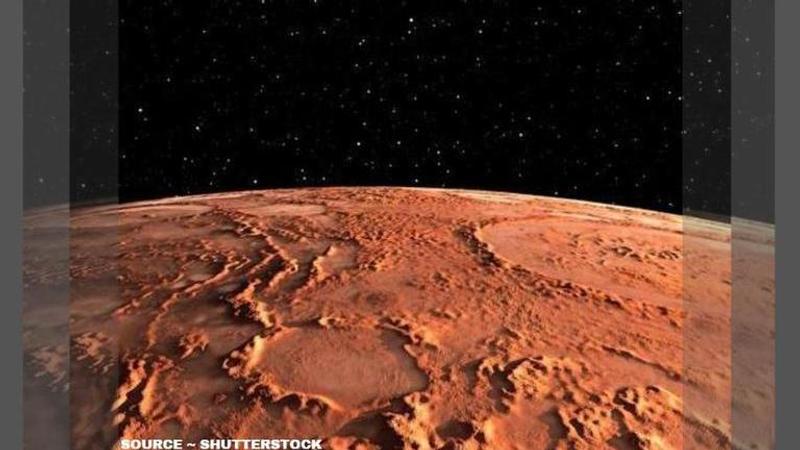Published 14:36 IST, June 6th 2020
Did Mars have rings like Saturn? Scientists reveal big secret about its Moons
Mars had rings, explains a new theory by a team of researchers. The team revealed a big secret about Mars' moons and how they were formed. Read ahead.

Mars has always intrigued mankind as being one of the closest planets to Earth. Where we never forget to embrace the beauty of the Earth's Moon, Mars has two: Phobos and Deimos. However, a recent report has revealed that Red Planet once had a giant ring that eventually got squashed to form a single oddly-shaped moon.
Scientists say Mars had a ring that turned into a moon
Mars has two moons, Phobos and Deimos, which are small and uneven. While Deimos orbits farther away, Phobos orbits closer to the Red Planet and follows the line of Mars' equator. As per the theory, the Phobos' orbit adds evidence to the hypothesis that it must have been a giant ring that eventually coalesced into a satellite. A team of researchers argued on the same topic in a journal called Nature Geroscience in 2017. The team said that the Martian moons go through cycles where they get ripped apart into several particles forming thin rings by the planet's gravity, and then they eventually form into moons again.
In this case, the Moons lose a lot of mass when they reform themselves from the ring as bits of the rings keep falling out of the orbit and drifting away into space. After a long gap of three years, a new paper published on June 1, 2020, says that an ancient Martian moon which is considered to be 20 times larger than the size of Phobos could have been the reason why Deimos' orbits are further away, unlike Phobos. This paper was published on the arXiv database, however, it is not peer-reviewed yet. The team of researchers include some members who were also the participants in the Nature Geoscience paper.
The lead author Matija Ćuk who is a research scientist at the SETI Institute in Mountain View, California mentioned in a statement that for a long time, Deimos' uneven orbit was ignored. However, he said that this new ideology has given rise to a new perspective to unveiling the secret behind Deimos' orbital tilt. Explaining the theory, he revealed that two moons that follow similar paths around a planet can end up in a situation called "orbital resonance". During an orbital resonance, satellites bob up and down around the other's orbit. A similar incident was recently reported that two moons of Neptune are currently resonating with each other.
As per the scientists, Deimos formed billions of years ago whereas the Red Planet Mars had a giant ring encircling it. This ring got squashed into a moon or moons and over a period of time, and it then dispersed back into a ring. Continuing the same iteration cycle, one of the giant mystery moons knocked Deimos into its current ring. The mystery moon then vanished into its ring form, creating a remnant of that ring which is now called as Phobos, as per the theory. For this new theory to work, the ancient Martian moon would have needed to start moving away from Mars and into resonance with Deimos. The scientists suspect that generations of moons would have gone through these cycles of ring-moon-ring over billions of years and a part of the ring-moon cycle will repeat again.
All Images: Shutterstock
Updated 14:36 IST, June 6th 2020







